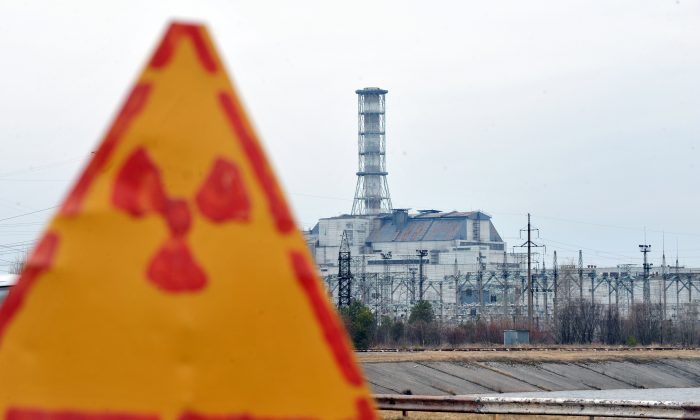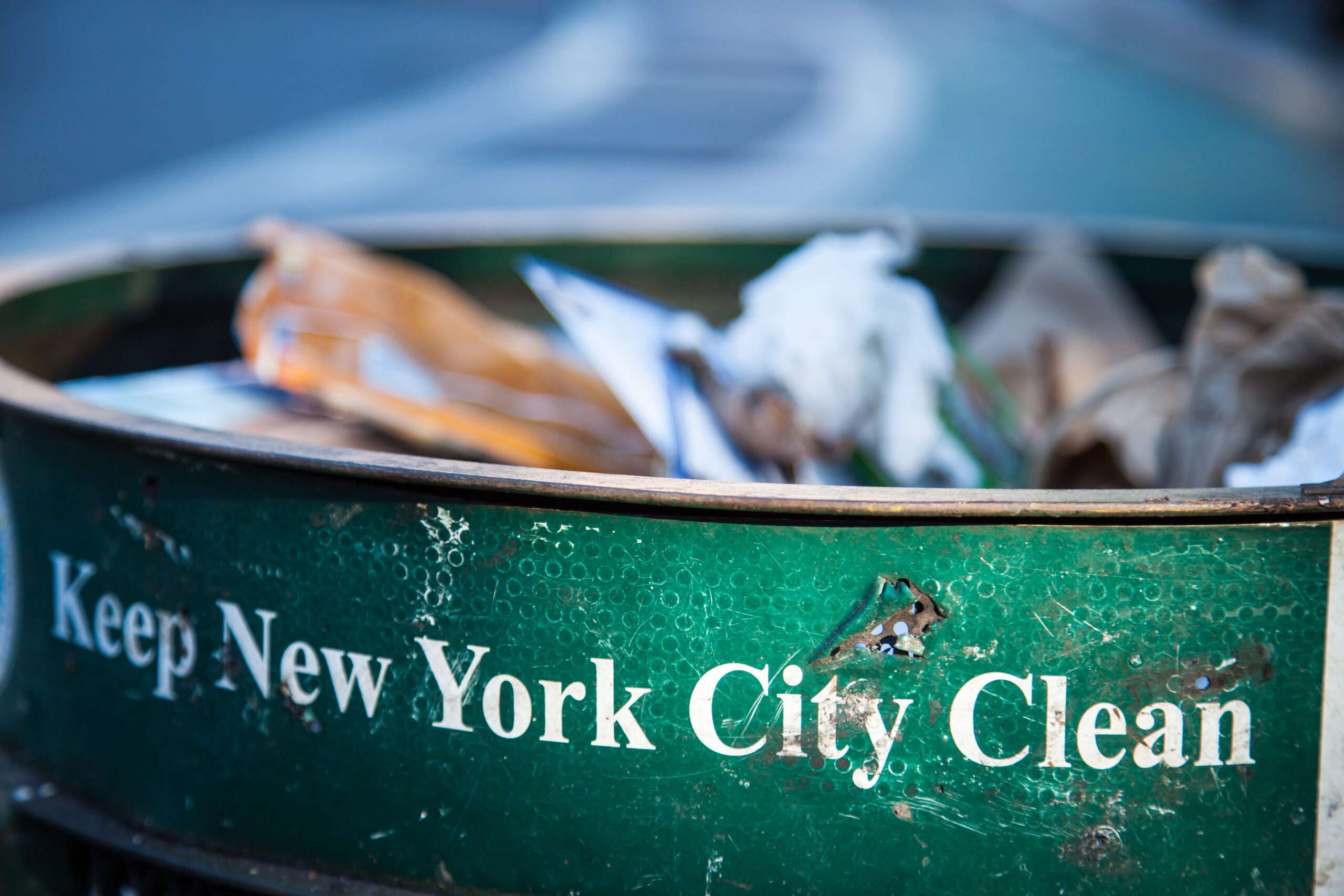Associate Professor Tony Hooker stated that Australia is not known for experiencing massive tsunamis due to its geological stability. This sentiment was echoed by Mr. Hooker, the Director of the Centre for Radiation Research, Education, and Innovation at the University of Adelaide, who believes that nuclear energy is safer than wind and comparable to solar power. He emphasized the need for better communication about radiation risks and highlighted that nuclear energy has proven to be safe. Despite concerns about natural disasters, Mr. Hooker reassured that Australia’s geological stability makes it a suitable location for nuclear energy sites. He also addressed the opposition to nuclear energy from various politicians and academics, emphasizing the safety and management of nuclear waste. The cost comparison between nuclear, wind, and solar energy sources is clear-cut, with nuclear being the cheapest option. The idea of expanding a coal-fired power station near a mine to double its capacity and maintain low costs was also suggested. Despite the push for renewable energy options like solar and wind, the existing coal power station was deemed more affordable by Mr. Roberts and supported by South Burnett regional council mayor Kathy Duff for the job opportunities it would bring.
The debate on whether Australia should introduce nuclear energy into its power grid continues, with suggestions for a potential referendum on the matter. Associate Professor Hooker emphasized the importance of educating students on nuclear energy and the shortage of radiation professionals worldwide. The ban on nuclear energy in Australia since 1998 was influenced by concerns over incidents like the Chernobyl disaster and the environmental impact of nuclear waste.
While overturning the nuclear ban does not require a referendum, it would spark further discussion among the public on the topic.
Source link





